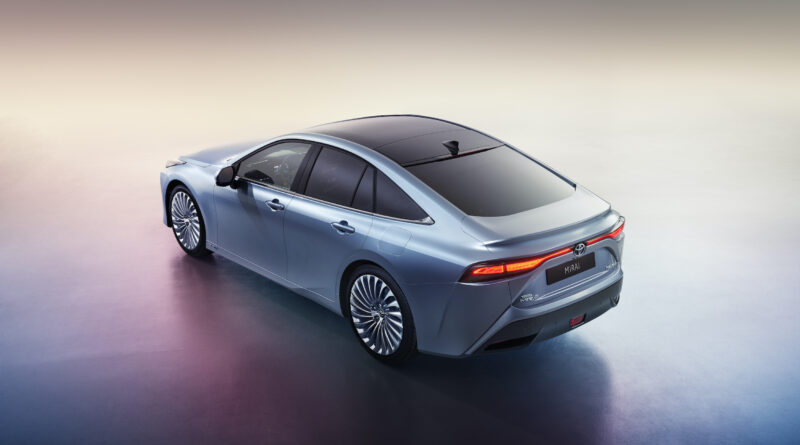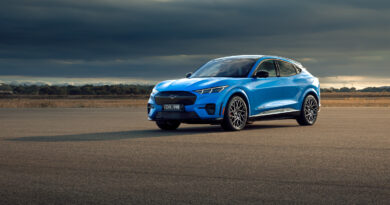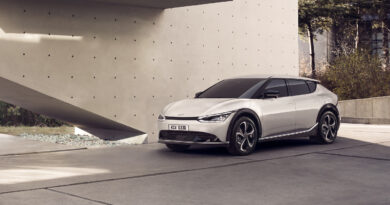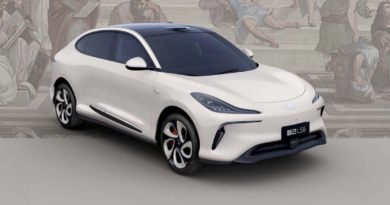Japan, too, plans ban on non-electrified cars
News has leaked that Japan plans to stop the sale of purely petrol-burning new cars from the mid-2030s. NHK, Japan’s equivalent of the ABC, says it has learned the government aims to reveal details of its ban plan before the end of the year.
According to NHK, only hybrids, EVs and fuel-cell EVs will be allowed to be sold from a date that to be chosen by the Japanese Economy, Trade and Industry Ministry after completing consultations with a panel of experts.
The move will mean Japan joins the growing group of nations and regions that want to bring the ICE-age to an end. Norway, the UK, Germany, France, China, Singapore and the US state of California have all announced target dates for an end to sales of purely internal combustion powered cars.
Japanese Prime Minister Suga Yoshihide has already pledged to cut his country’s greenhouse gas emissions to net zero by 2050. The expected ban on non-electrified cars will contribute to achieving the objective.
At almost the same time as news of the Japanese government’s plan spread, the nation’s biggest car maker, Toyota, was announcing details of its new Mirai fuel-cell EV (pictured above).
The big rear-drive sedan will be priced from around €64,000 in Europe, significantly below the similar-size Tesla Model S. Hydrogen stored in the Toyota’s three quick-filling high-pressure tanks will hold almost 6kg of the gas, giving it a driving range of around 650km.
Toyota believes the new Mirai will sell at 10 times the rate of the previous version. It will popularise FCEV tech in the same way as the Prius made hybrid mainstream, Toyota hopes.
The Mirai will arrive in Australia early in 2021, though the small batch of 20 will not be sold to the public. All are earmarked for use by selected business and government fleets.




